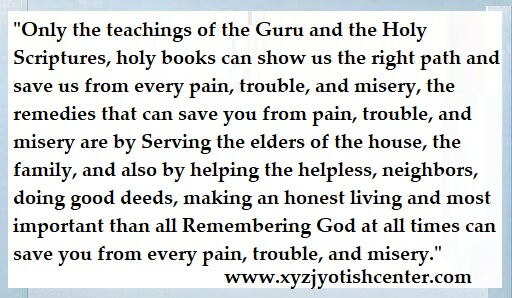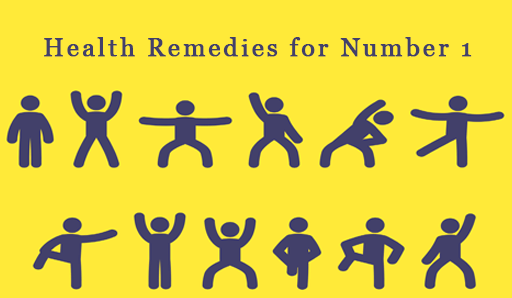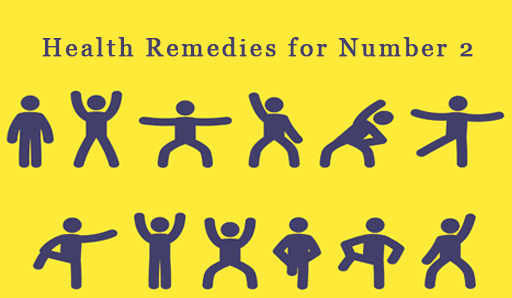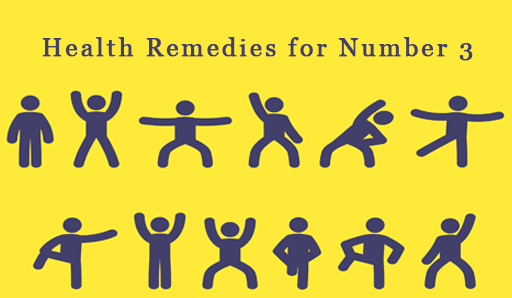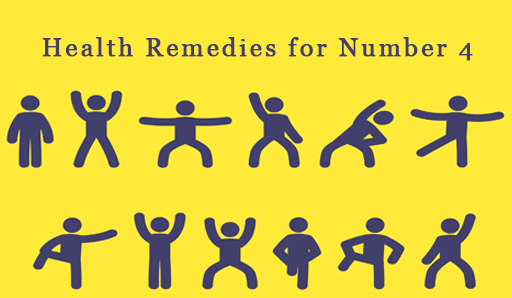“A human being is a part of the whole, called by us, “Universe,” a part limited in time and space. He experiences himself, his thoughts and feelings as something separated from the rest — a kind of optical delusion of his consciousness. This delusion is a kind of prison for us, restricting us to our personal desires and to affection for a few persons nearest to us. Our task must be to free ourselves from this prison by widening our circle of compassion to embrace all living creatures and the whole of nature in its beauty. Nobody is able to achieve this completely, but the striving for such achievement is in itself a part of the liberation and a foundation for inner security”- Albert Einstein
Religious traditions are meant to awaken us to the one true religion: it is mentioned in the religious traditions that consciousness is the eternal function of the soul is present in everyone’s heart; we simply have to awaken it. It is natural that one should be able to realize the spirit at least within him. But that is not possible for those whose internal vision has been covered by external activities. The concept of higher consciousness rests on the belief that the average, ordinary human being is only partially conscious due to the character of the untrained mind and the influence of ‘lower’ desires and anxieties. As many people resort to alcohol, drugs, artificial stimulants, self-hypnosis etc. to suppress the restlessness of the conscious mind to escape from the hard realities of humdrum life. These treatments provide only temporary relief and not permanent solutions to the numerous problems and difficulties of worldly life.
The intensity of happiness that one can enjoy depends on the level of one’s consciousness. At every level of consciousness there is a corresponding intensity of happiness. Spiritualists say that bodily pleasures have a “beginning and an end, implying that they are finite; they do not provide the eternal fulfillment of pure consciousness. If the self-delights in the experience of materials, since the materials are changing, the pleasure will soon be lost. This loss of pleasure will give rise to suffering. That is why the spiritualists say: “that in a world of change and diversity, undue attachment to changing sources of pleasure gives rise to suffering through sorrow or conflict; they also suggest that freedom from suffering is based on stable inner fulfillment and peace. This inner fullness is learned through the experience of positive consciousness. The enlightened man does not rejoice in them, one who has the inner balance that characterizes cosmic consciousness is found to be free from attachment and completely stable. Such a person is described as having a “steady intellect” broad understanding and as being free from selfish interests based on desires. A person in cosmic consciousness is able to behave spontaneously effected on the basis of clear evaluation of circumstances. Because of this balance and contentment, this state is described as without the undue attachment that gives rise to suffering. Spiritualists describe such a person as having a full heart, capable of responding warmly to all without reservation based on the unshakable security of inner harmony.
The spirit, which is symptomized by consciousness, Consciousness is the state of being aware of an inner voice within oneself; our conscience is popularly called the voice of the Spirit. Even people who follow no particular religion have a moral sense. They know what ought to be done and what ought not to be done. In religious and intellectual traditions, spiritualists also believe in the principled order of the creation and know that God is very fair and merciful. He resides in the individual. The God within guides the human being through an inner voice. This is generally termed as conscience. The voice of conscience is the divine voice. It gives us the assessment of what is right and wrong and warns us.
It is necessary to educate the moral sense. In Religious traditions spiritualists teaches that before enlightenment one is never able to determine all of the rights and wrongs of action; and that the key to performing right action is to establish one ‘s awareness in the field of pure consciousness. The conscience may waver at times in its decisiveness and power to control over human deeds. Whenever we are in doubt, we must hear the inner voice of the conscience. We should respect its advice and follow it. Never entertain unnecessary doubts or suspicion, think deeply to reach the correct inner voice. When we are able to understand the art of hearing the inner voice in our life, then the voice of God will shed its radiance even in the hours of darkness and sadness. This living consciousness of the presence however cannot be forced. We must not allow ourselves to be intoxicated by unwholesome influences of the social conscience, but we must open ourselves wholly to the more powerful influence divine voice.
The conditioning created in you, forced on you, imposed on you by the society is a social conscience. For example every man has different style of wearing dresses, living, eating food is a teaching by the society, it is not your own inner voice, it is only the voice of the society in you. Every society has a different understanding, a different belief system; it all depends on the social beliefs. What we generally understand as conscience is different from a every religion. The right conscience is one and the same in all people. When you remove all the social conscience aside given by the society. Look within yourself you come to know the true conscience that belongs to you. The effects of conscience differ with each individual; it depends on their stage of spiritual progress. Once you have discovered the art of listening to it, then there will be no difference between the thought and action in your life.
A basic principle of religious traditions is to obey the Will of God. Where can we find the Will of God? According to spiritualists, it is fixed in the core of the human conscience. To follow one’s conscience is, therefore, to live up to the Will of God.
“Conscience has nothing to do as a lawgiver or judge; but is a witness against me if I do wrong, and which approves if I do right. To act against conscience is to act against reason and God’s Law.” – Arthur Phelps.
Article Source: http://EzineArticles.com/8213927

